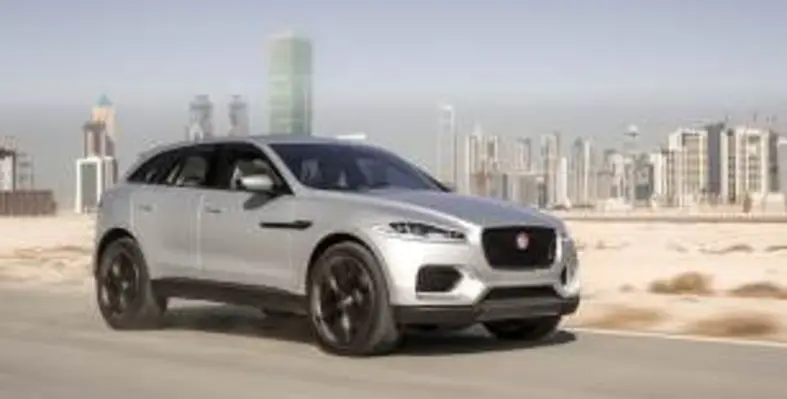The car sales market in the Middle East is expected to grow twice as fast in comparison to the North American and Western European markets by 2022, according to a report by Carmudi
The report titled Booming Automotive Industry in Emerging Markets has examined the current and future state of the automotive industry in the emerging world, by surveying the global state of automotive sales and car purchasing behaviours that are being determined by the increase in Internet and mobile penetration, rising GDP and the emergence of a middle class.
Further, the report has elaborated how the demand for light vehicles (LV) will surge 25 per cent to 1.75mn in the GCC, spurred by increased oil prices, economic growth, private sector activity, low interest rates and increased government spending.
In Saudi Arabia, regardless of the ban on lady drivers, there was a six per cent increase in car sales to reach 750,000 in 2013. The country is among the largest car markets in the Middle East, and is dominated by Japanese car brands. The Kingdom of Saudi Arabia has a market worth of more than US$22bn and remains the largest importer of cars and automotive parts in the Middle East. In addition, nearly 48 per cent of families in the nation have six or more members, which has led to an increase in demand for sports utility vehicles (SUVs) and cars better-suited for large families.
In the UAE, new vehicle sales growth reached 16.7 per cent in 2013, according to the Business Monitor International. Prospects for new car sales across 2015 is expected reach the 425,000 mark. Vehicle sales are expected to continue to rise following the plea made by the UAE Ministry of Economy for car dealers to lower their prices.
In the Middle East and Africa, 45 per cent of consumers prefer buying new cars, whereas 30 per cent of them opt for used vehicles. In the coming months, Latin America, Middle East and Africa will have the strongest auto demand of 75 per cent, followed by Asia at 72 per cent.
Role of the Internet in determining customer preferences
The Carmudi report has highlighted the significance of the Internet in aiding consumers with decisions pertaining to car purchases. Specifically, Middle East and Africa that are regarded emerging zones have the strongest market base and have experienced fastest regional growth since 2011.
Growth in these regions have been spurred by rapid expansion of online and mobile user bases, new shipping, payment options and major brands expanding to more new international markets.
Overall, e-commerce sales are expected to rise from US$9bn to US$15bn by the end of 2015. Specifically, auto e-commerce has grown to the point where nearly 80 per cent of new car and almost 100 per cent of used car customers begin their car shopping experience online. A 2013 McKinsey report on automotive retail innovation stated that auto dealers are no longer the primary source of information, especially for consumers between 18 and 34. Up to 90 per cent of consumers in this group use a mix of original equipment manufacturers (OEM) and dealer sites, forums, blogs and social media to gather information and compare prices and offers before making their final decision.
For more details, please visit www.carmudi.ae







